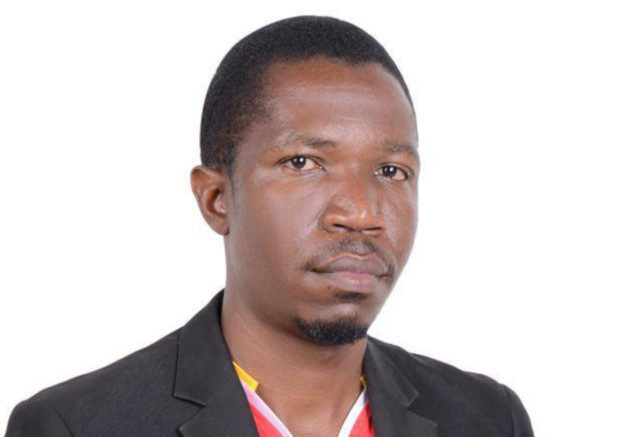
Africa has many interesting cultures and norms, and these differ accordingly. However, recently I took a keen interest in exploring the pattern of communication and conflict resolve between married couples.
I have sat in many sessions and read books about marriage like many others men and women, but why are we failing to communicate with each other? Why is the phrase ‘we need to talk’ so frightening?
It is upon this background that I came to think about the “marrieds conflict resolution table.” This is deemed to be a place where people get their conflicts resolved. While on social media recently, I had fan reading what young people “fear about marriage”
One twitter user posted about “that awkward moment in the night when my wife will wake me up saying, get up we need to talk.” What should be the reason for us to come to the conflict resolution table?
We look back!
Every couple has a story, and this story should entice the two to get the table. At this table of conflict settlement, we acknowledge that we are at this point of strife, war, bitterness, but that is not how we started. We were once friends or lovers, who were very intimate with each other, very friendly, united and we have made some ultimate sacrifices and we can’t just allow whatever we have built slip out of our reach. Therefore, in honor of this journey we resolve our differences.
Nothing is as sweet as the victory you own after a long struggle. Hard times bring the best out of us. In fact, the bible speaks to believers about hard times.
1 Peter 1:7, NIV: “These have come so that the proven genuineness of your faith–of greater worth than gold, which perishes even though refined by fire–may result in praise, glory and honor when Jesus Christ is revealed.”
The commitment one puts into a relationship proves how much genuine they are in their relation.
At this table of conflict resolution, the most important thing is self-reflection and self-searching. This process requires us to find things within us that we can give up for the great good of your relationship.
Our biggest undoing is when we come to discover more about our spouses or friends than ourselves. With this attitude, we focus more on what the other person in the relationship should lose in our favor, than us losing in their favor. It is important for us to understand that everyone is protective of themselves, and not until we have sacrificed something will the other follow suit.
The Bible tells us “we love Him because He loved us first.” If God had not loved us, we would have no reason to love Him. Same applies here, we sacrifice because someone has sacrificed.
In her book titled ‘Bread and Wine: A Love Letter to Life Around the Table with Recipes,’ American author Shauna Niequist says this:
“We don’t come to the table to fight or to defend. We don’t come to prove or to conquer, to draw lines in the sand or to stir up trouble. We come to the table because our hunger brings us there. We come with a need, a need to get us back to a place we desire or once we held, with an admission of our humanity. The table is the great equalizer, the level playing field many of us have been looking everywhere for. The table is the place where the doing stops, the trying stops, the masks are removed, and we allow ourselves to be nourished, like children. We allow someone else to meet our need. In a world that prides people on not having needs, ongoing longer and faster, ongoing without, on powering through, the table is a place of safety and rest and humanity, where we are allowed to be as fragile as we feel.”
Imagine coming to the table for meals ready to eat only to find everyone at it ready to insult and abuse you over what you did wrong and what you didn’t do right. However good the meal will be, you will not enjoy it. It’s the same thing for the conflict resolution table, it does not matter how good your arguments are against your spouse, if they are poorly presented, at the wrong time and place, they will never sink in, and this explains why we rarely get breakthrough on serious issues.
derrickibbedi@gmail.com
Derrick Kibbedi is a relationship counselor, married and blessed with four children.

